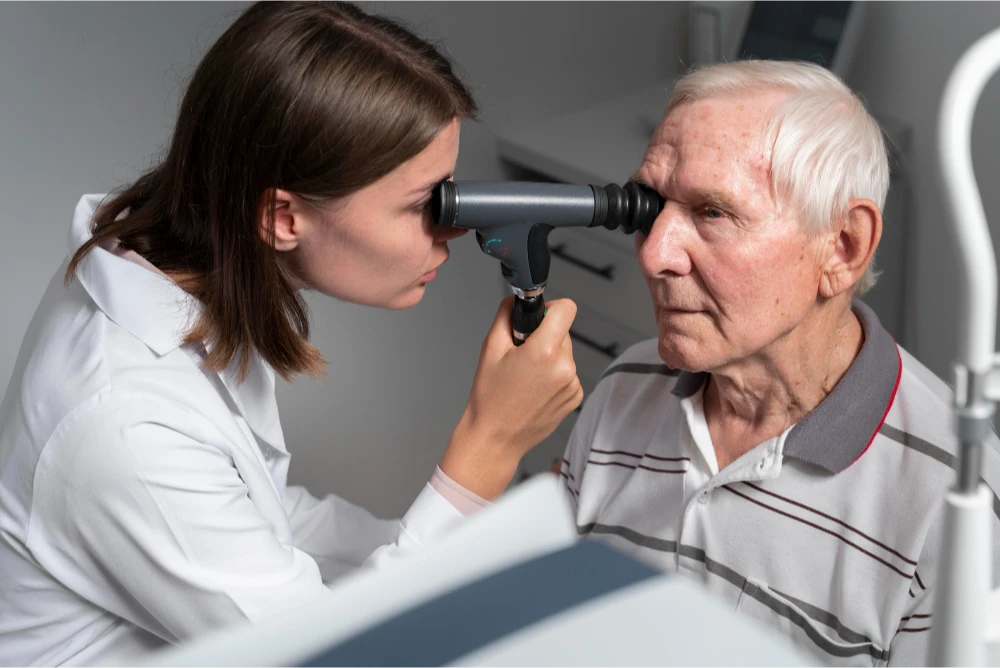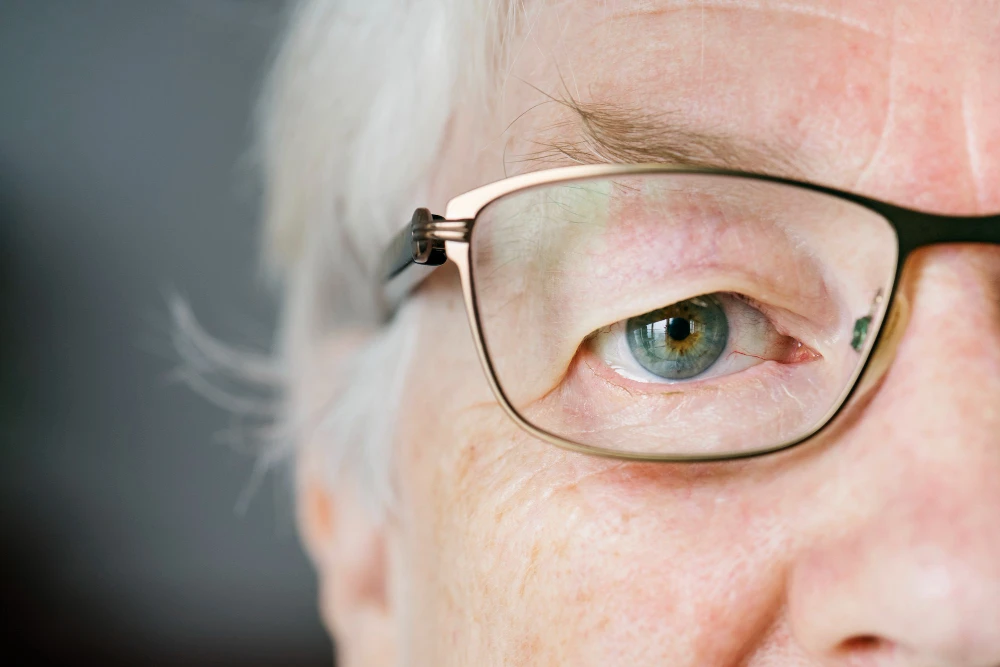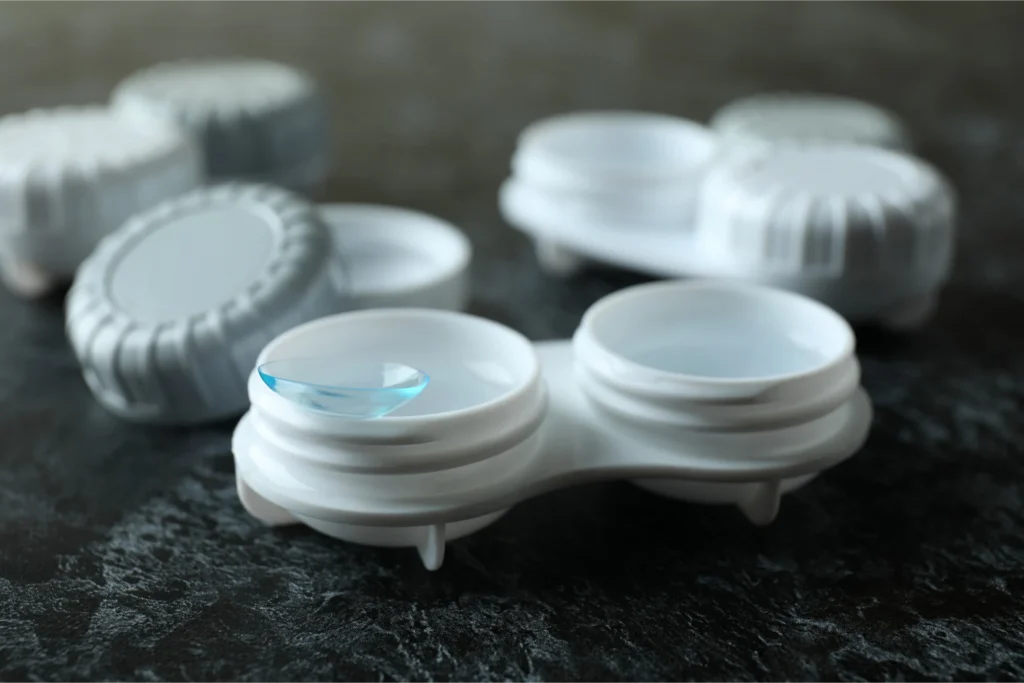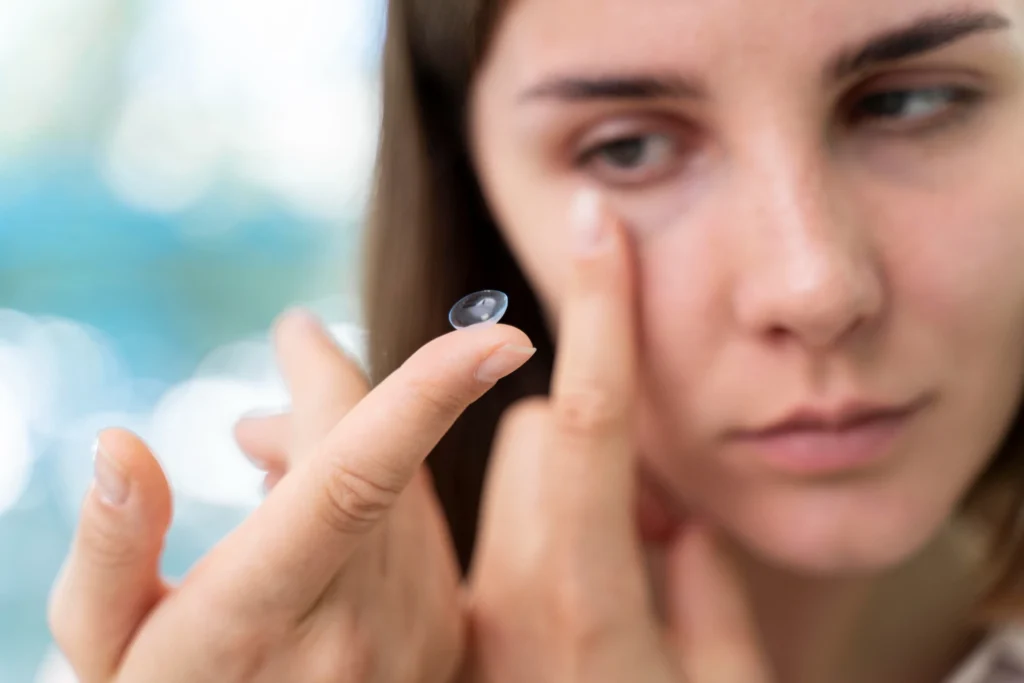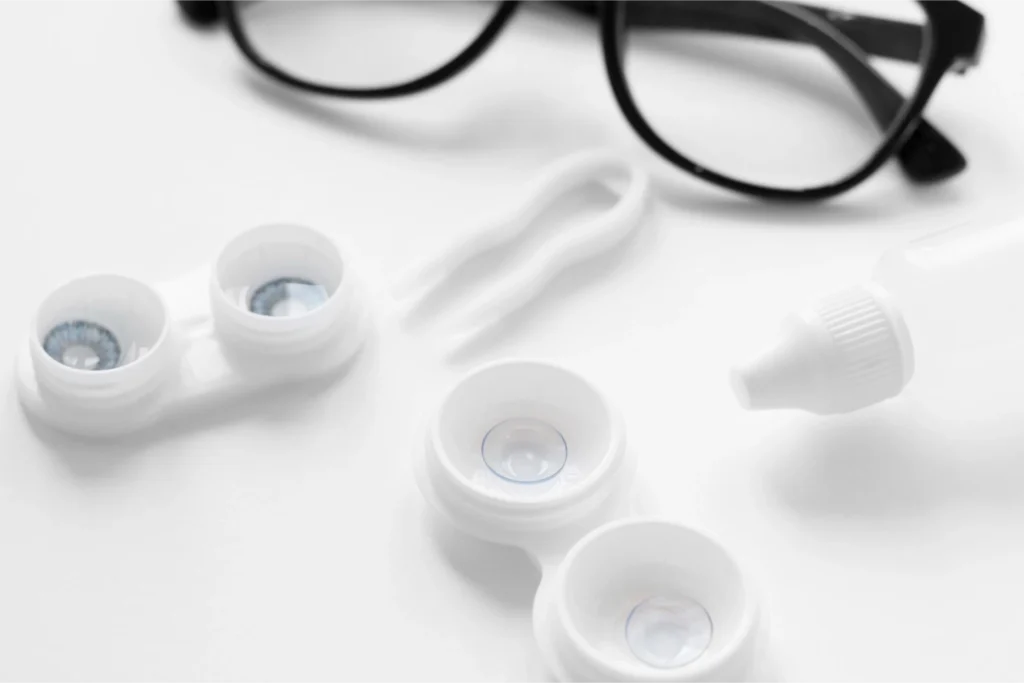Cataract surgery is a common and generally safe procedure that can significantly improve your vision and quality of life. However, proper post operative care for cataract surgery is essential to ensure a smooth recovery and the best possible outcome.
This comprehensive guide will help you understand what to expect after cataract surgery and how to care for your eyes during the recovery process.
Understanding Post-Op Care and Co-Management
After cataract surgery, your recovery and overall eye health depend largely on the care you receive. Post-op care includes following your doctor’s instructions closely, attending follow-up appointments, and taking necessary precautions to avoid complications. Cataract surgery co management involves a collaborative approach between your ophthalmologist and optometrist to ensure you receive comprehensive and continuous care throughout your recovery.
Immediately After Surgery
In the Recovery Room
Immediately after your surgery, you will spend some time in a recovery room where medical staff will monitor you for any immediate complications. You might feel groggy or disoriented due to the anesthesia, but this should wear off fairly quickly.
Protective Measures
Your doctor will place a protective shield over your eye to protect it from dust, accidental rubbing, or pressure. You will need to keep this shield on for a specified period, usually until your first follow-up visit.
The First 24 Hours
Rest and Recovery
Rest is crucial during the first 24 hours after surgery. Avoid any strenuous activities and try to keep your head elevated, even when sleeping. This helps reduce pressure on your eye and facilitates healing.
Pain and Discomfort
It is normal to experience mild discomfort, itching, or a gritty sensation in your eye. Your doctor may prescribe pain relief medication or recommend over-the-counter painkillers to manage any discomfort.
Eye Drops
You will be prescribed a regimen of eye drops, including antibiotics and anti-inflammatory drops, to prevent infection and reduce inflammation. It is important to follow the schedule for these eye drops meticulously.
The First Week
Follow-Up Appointments
Your first follow-up appointment will typically be scheduled within 24-48 hours after your surgery. During this visit, your doctor will check the healing process and address any concerns you might have.
Activity Restrictions
During the first week, avoid any heavy lifting, bending over, or engaging in activities that could strain your eyes. You should also avoid getting water in your eyes, so take care when showering or washing your face.
Vision Changes
You may notice fluctuations in your vision during the first week. This is normal as your eye heals and adjusts to the new intraocular lens (IOL). If you experience significant pain, loss of vision, or increased redness, contact your doctor immediately.
The First Month
Gradual Resumption of Activities
You can gradually resume normal activities, but continue to avoid any activities that involve a high risk of eye injury. Follow your doctor’s advice on when it is safe to return to work or drive.
Continued Eye Drop Use
Continue using your prescribed eye drops as directed. This may include tapering the dosage over time as your eye heals. Never stop using your eye drops without consulting your doctor.
Monitoring for Complications
Watch for signs of complications such as increased pain, sudden vision changes, flashes of light, or a curtain-like effect over your vision. These could indicate serious issues like infection or retinal detachment and require immediate medical attention.
Long-Term Care and Vision Improvement

Final Follow-Up
Your final follow-up appointment is usually scheduled around four to six weeks after surgery. By this time, your eye should be mostly healed, and your doctor can assess the success of the surgery and the stability of your vision.
Adjusting to New Vision
It may take several weeks for your vision to stabilize fully. Some patients might need a new prescription for glasses to fine-tune their vision. Discuss any ongoing vision issues with your doctor to determine the best course of action.
Lifestyle Adjustments
Protect your eyes from bright sunlight by wearing sunglasses with UV protection. Continue to avoid environments with a lot of dust or potential eye irritants. Maintaining a healthy lifestyle with a balanced diet rich in vitamins and antioxidants can also support long-term eye health.
Common Questions About Post-Op Care
How Soon Can I Drive?
Most patients can resume driving within a week, but this depends on your individual recovery and vision stability. Ensure you get your doctor’s approval before driving.
When Can I Return to Work?
This varies depending on the nature of your job and how your recovery is progressing. Desk jobs might be resumed within a few days, whereas more physically demanding jobs might require a longer recovery period.
Can I Exercise After Surgery?
Light activities like walking can usually be resumed within a few days. However, avoid heavy lifting, swimming, and high-impact sports for at least a month or until your doctor gives you the go-ahead.
What Should I Avoid Eating?
While there are no strict dietary restrictions, maintaining a healthy diet that supports overall health can benefit your recovery. Avoid foods that could contribute to inflammation or interfere with any medications you are taking.
Also Read: 6 Natural Approaches to Manage Cataracts Without Surgery
Connect With Vision Gallery Today!
Proper post-operative care for cataract surgery is essential to ensure a smooth recovery and the best possible outcome for your vision. By following your doctor’s instructions, attending follow-up appointments, and taking necessary precautions, you can significantly enhance your recovery process. If you’re preparing for or recovering from cataract surgery and need expert guidance, contact Vision Gallery today. Our team of experienced professionals is dedicated to providing comprehensive care and support throughout your cataract surgery journey. Schedule your consultation with Vision Gallery now by calling 281-377-0219 and take the first step towards clearer, healthier vision.
